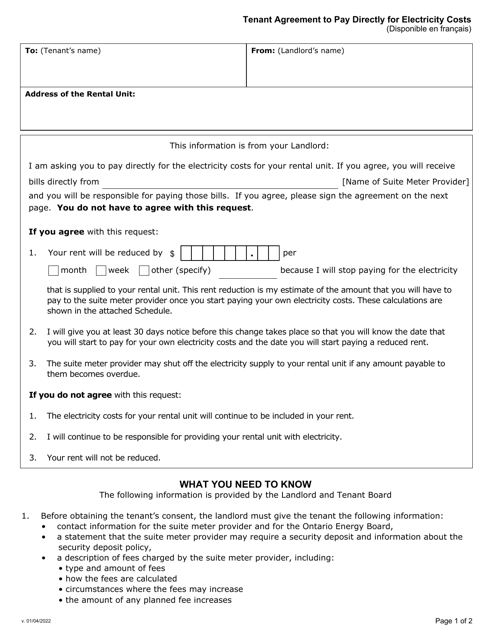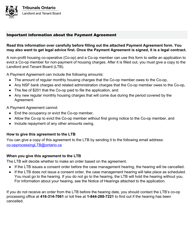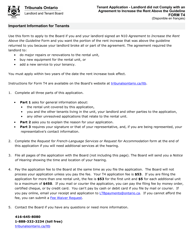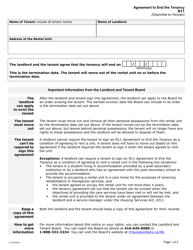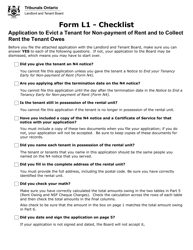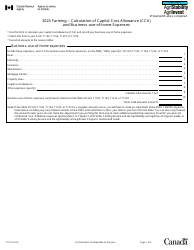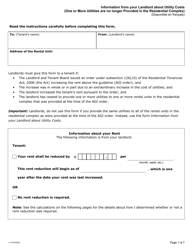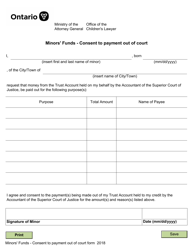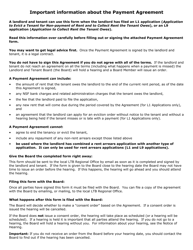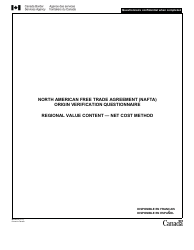Tenant Agreement to Pay Directly for Electricity Costs - Ontario, Canada
A Tenant Agreement to Pay Directly for Electricity Costs is a legal document used in Ontario, Canada, to outline the responsibilities of a tenant in paying for their own electricity usage separately from the rent. It ensures that the tenant is aware of and agrees to pay for their own electricity costs instead of including it in the overall rent amount.
In Ontario, Canada, the tenant usually files the tenant agreement to pay directly for electricity costs.
FAQ
Q: What is a Tenant Agreement to Pay Directly for Electricity Costs?
A: It is an agreement between a landlord and a tenant where the tenant assumes responsibility for paying for their own electricity usage.
Q: Is a Tenant Agreement to Pay Directly for Electricity Costs legally binding?
A: Yes, a signed agreement between the landlord and tenant is legally binding.
Q: What are the benefits for landlords in having a Tenant Agreement to Pay Directly for Electricity Costs?
A: Landlords can avoid the hassle of managing and paying for utilities on behalf of tenants. It also encourages tenants to be more mindful of their electricity usage.
Q: What are the benefits for tenants in having a Tenant Agreement to Pay Directly for Electricity Costs?
A: Tenants have control over their own electricity usage and can potentially save money by being more efficient.
Q: Are there any regulations or limits for Tenant Agreement to Pay Directly for Electricity Costs in Ontario?
A: Yes, landlords must ensure that any electricity costs passed on to the tenant are reasonable and supported by evidence, such as utility bills or submetering data.
Q: Can a landlord still include a Tenant Agreement to Pay Directly for Electricity Costs in the lease even if it is not explicitly mentioned?
A: Yes, as long as the tenant agrees to the arrangement and it is included in the signed lease agreement.
Q: Can a tenant refuse to sign a Tenant Agreement to Pay Directly for Electricity Costs?
A: Yes, tenants have the right to refuse such an agreement. However, they should be aware that it may impact their eligibility to rent the property.
Q: Can a landlord change the electricity rate or billing method after a Tenant Agreement to Pay Directly for Electricity Costs has been signed?
A: No, a landlord cannot change the rate or billing method without the tenant's agreement or without following the proper legal process.
Q: What should a tenant do if they believe they are being charged unreasonable or excessive electricity costs under a Tenant Agreement to Pay Directly for Electricity Costs?
A: They should first discuss the issue with the landlord and provide evidence to support their claim. If a resolution cannot be reached, they may need to seek legal advice or contact the relevant housing authority or tenant rights organization.
Q: Does a Tenant Agreement to Pay Directly for Electricity Costs apply to other provinces in Canada?
A: The regulations regarding electricity costs and tenant agreements may vary in other provinces. It is important to refer to the specific laws and regulations of the province in question.
